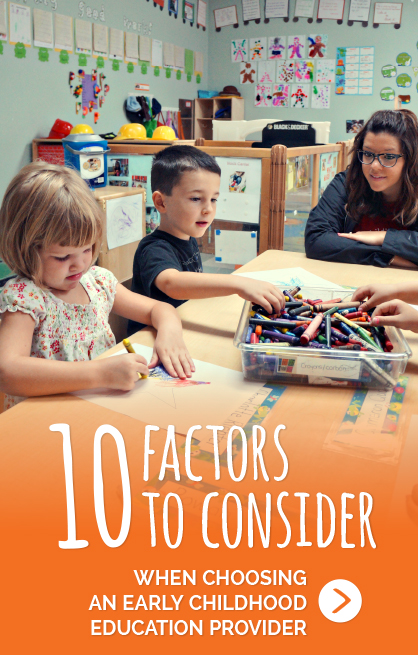Teaching Your Children to Be Thankful
It’s no secret that thankful children are happier and more polite, but raising children to be thankful for all they have is more important than making more pleasant kids – it’s about teaching them to be caring and sensitive to the feelings of others.
While some may feel that toddlers are a bit young to learn gratitude, children as young as 18 months can start to grasp that concept. They know that they are dependent on mommy and daddy to take care of their needs and those needs being taken care of make them happy and they begin to, even at that very young age, appreciate it.
Teaching children to be thankful can be done easily enough. They imitate the adults around them – especially parents – so be sure to use words like “please” and “thank you” often. Good manners lead to sincere gratitude. Here are few ways to teach your children to be thankful:
- Have your children help with chores and tasks around the house. Give your child a chore that he or she can handle and avoid the temptation to jump and finish it for them. By allowing them to do simple things around the house they learn to appreciate what we as parents do.
- Have your child help with a charitable project. This doesn’t mean take them to the soup kitchen on a regular basis. A nice project could be making a cake or soup for a sick neighbor.
- Teach your children, and encourage them, to be generous. If they have several old toys that they don’t play with anymore, or clothes that they have outgrown but are still in good shape have them donate them to Goodwill.
- Learn to say no. All of our children want something new every time we turn around. But we aren’t teaching them anything if we say “yes” to everything they ask for. Learning to say no for every request and only saying yes to special things will teach your children to be grateful for what they get and what they have.
Teaching children to be thankful can be tricky but it must be done in order to help them become better functioning adults.

